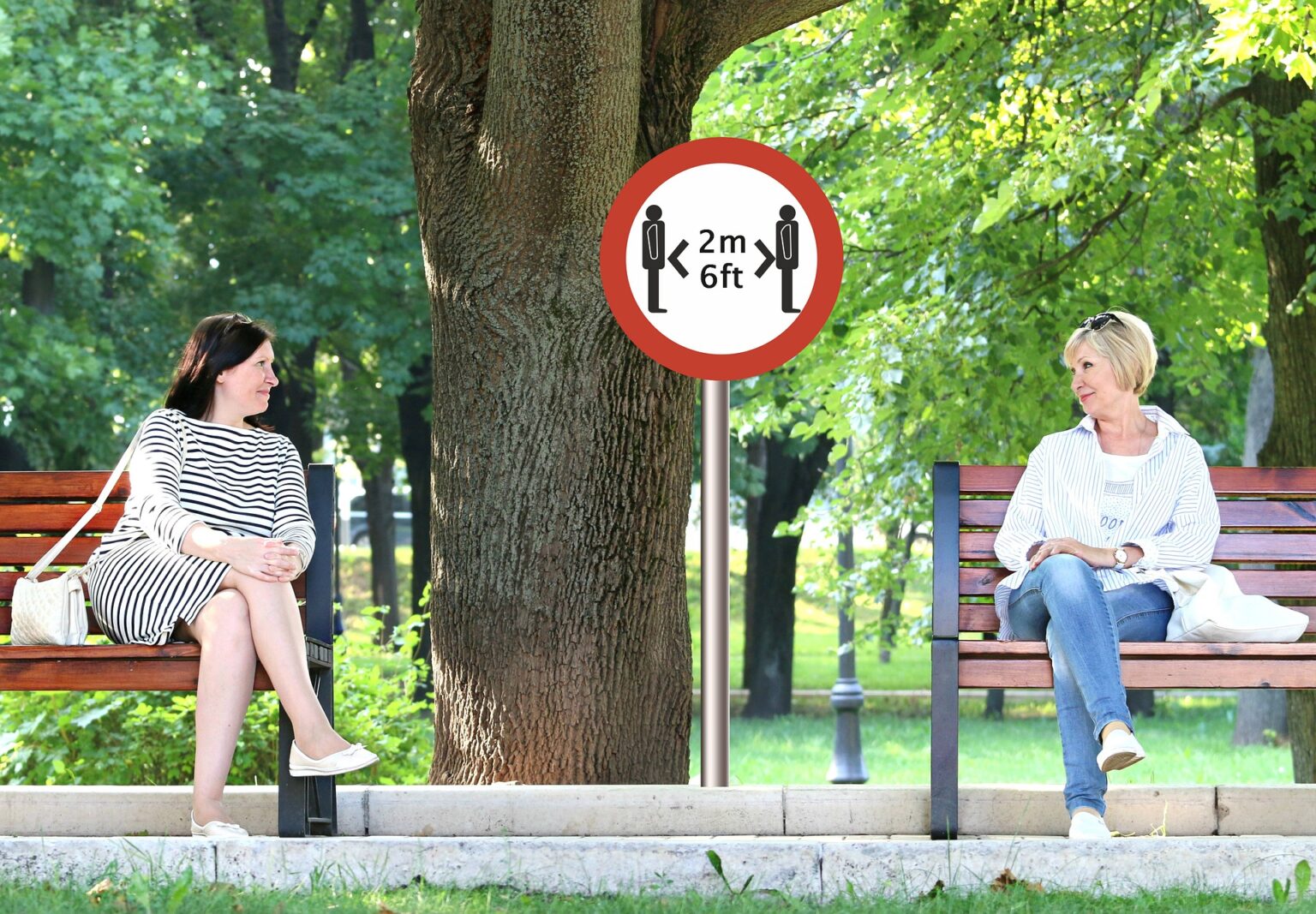We’ve all known at least on some level that the COVID-19 pandemic was going to take its toll in a lot of different ways on the human race as a whole. You don’t completely lock down societies and turn beliefs and norms long taken for granted on their collective ears without seeing some substantial ripple effects. While those potential ripple effects are still to be discovered and measured in many ways when it comes to the pandemic, one that’s already being noticed is that which relates to COVID mental health. In short, the early reports and data are not good, and they could get worse as we continue to battle this virus and its emerging variants.
An article recently published in Nature, a journal that published peer-reviewed research in fields that include science and psychology, laid out some of the data that the United States Census Bureau released after analyzing the results of a survey. Unfortunately, the information is trending in a negative direction. We’re going to delve into that data below, as there are many people in Southern California who are feeling the effects of this pandemic. If this includes you or someone you love, we hope that you’ll get in touch with the Orange County mental health professionals at SoCal Empowered as soon as possible.
The COVID Mental Health Data – An Overview
The article discusses how COVID mental health has seen an increased focus from the United States government. Specifically, the United States Census Bureau completed a survey in December of 2020 asking people if they were experiencing symptoms of anxiety or depression after months of dealing with the pandemic. 42 percent of respondents indicated that they had experienced COVID depression or anxiety symptoms. What’s telling is that this is nearly quadruple the number of people who reported these challenges between January and June of 2019, when the number was 11 percent.
This extremely troubling finding would by itself be enough to send off proverbial alarm bells throughout the mental health community. However, it also appears that these data are in line with other findings in other forms of research. In addition, the article states that studies have shown that overall, young people are found to be more susceptible to mental illness than those who are older, and the working theory in that regard is that people of a younger age have more of a need for social interaction.
What This All Means
In many ways, it should come as no surprise that COVID mental health is an issue that’s growing exponentially in prevalence. To see an entire population base have mental health challenges like depression and anxiety quadruple in one year is something that has not been seen in decades. It’s a natural consequence of the entire way of life across the planet being turned on its proverbial ear almost instantaneously.
One year ago at this time, we were hearing more and more about this “novel coronavirus” that was making its way from China and into Europe, but many of us never really thought it would hit the United States all that hard. Hit us hard it did, however, and while we’re not going to dive into the statistics, the reality of the situation is that almost all of us were forced to retreat on some level, and many of us are still living in a way that’s radically different than we have ever experienced.
That intense and immediate transition alone can and often does create anxiety, and extended time alone often does lead to depression. If you’re one of the people who is feeling this way, the last thing you should think about that is that you’re somehow at fault. That’s simply not the case – you’re dealing with things in a way that your body’s chemistry is automatically reacting to it to a large extent.
What you should also not do if you are feeling depressed or anxious and you’re concerned that you could be one of the millions of people who has been inflicted with COVID mental health challenges is to try to ignore it or assume that all of this is going to go away as soon as we are past this pandemic. Whether it’s COVID mental health issues or these problems are caused by something else, this is a disease and not a “mood” or a “phase” or something that will pass somehow on its own. You would not allow this to happen if you had pneumonia, so you should not take this approach in this circumstance either.
How SoCal Empowered Can Help
Instead of trying to ignore what could be a problem, you should at least take some preliminary steps to find out if you could use some help. Maybe you do have a COVID mental health problem, maybe you don’t, but one thing that’s certain is that you cannot do anything about it unless you know what is or isn’t happening. We encourage you to contact us as soon as possible so that we can talk through your situation and figure out what if anything is wrong.
We understand that the pandemic may be causing you to hesitate to take this on for several reasons as well. After all, who wants to go and get help in a facility with strangers right now? Rest assured that if you have a COVID mental health problem such as depression or anxiety, we are going to put your safety at the top of any list we formulate to help you. All we ask is that you contact us and talk to our experienced Orange County mental health professionals. From there, we’ll be able to plot a course forward that will help you get better. We look forward to hearing from you.




